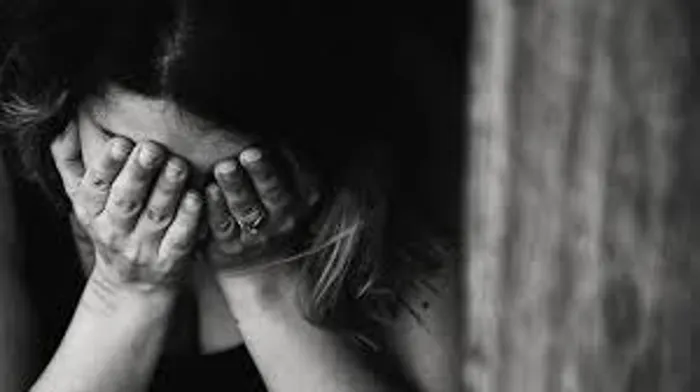The unbearable lightness of grieving in isolation

As the world experiences a pandemic of global proportions, our collective grief of losing loved ones is what binds us, albeit in a macabre way. Picture: Pexels
Grief. Overwhelming and indescribable, it’s an emotion that holds a vice-like grip on our hearts, leaving a void so deep that nothing can fill.
Late US poet Sylvia Platt described grief in Parliament Hill Fields:
On this bald hill the new year hones its edge.
Faceless and pale as china
The round sky goes on minding its business.
Your absence is inconspicuous;
Nobody can tell what I lack.
As the world experiences a pandemic of global proportions, our collective grief of losing loved ones is what binds us, albeit in a macabre way.
But just as we’re navigating the new normal, there’s a pattern emerging – people are grieving in isolation, unable to share their emotional pain and trauma in physical contact with friends and family.
It’s become evident in social media posts as thousands of people post tributes to the ones they’ve lost to Covid-19.
“Where we once logged on to social media for entertainment to catch up with family and friends, or to de-stress after a long day, logging on to social media is currently very depressing,” says Durban-based counselling psychologist Rakhi Beekrum.
“The funeral notices, tributes and messages of condolence makes the reality of Covid-19 difficult to ignore. By this time, everyone knows someone who either survived or lost their lives to the pandemic,” she adds.
Yes, it’s an overwhelming feeling of loss and despair, but Beekrum suggests that sometimes sharing that grief with others online can provide some solace in the midst of social distancing.
“They may seek comfort from the tributes, prayers and words of comfort from others,” she explains.
“On the other hand, many feel more anxious and depressed. Social media is no longer entertaining or a light-hearted distraction from the stress of our daily lives. If in the past it allowed us to escape, now it’s a reflection of reality."
For some people, reading a constant stream of tributes and bereavement posts can have a triggering effect. When asked what impact this has on the psyche, Beekrum suggests taking a mindful approach as to how we consume social media.
“If you are feeling too overwhelmed, consider a digital detox.
“If going offline completely sounds too extreme, be mindful of your social media consumption – choose a time and duration to log on,” she says.
“Be mindful of why you are logging on and what you are consuming.
“Find more balance between online and offline activities. It’s normal to feel anxious when logging on to social media, and all we see are messages of losses and condolences. Acknowledge your feelings. You are only human.
The anxiety or sadness are normal reactions to abnormal situations. Focus on self-care. Refocus on what you can control,“ Beekrum concludes.
For those who are dealing with the loss of a loved one, the South African Depression and Anxiety Group (SADAG) suggests the following:
Get support
Support from others is important in the healing process. It’s important to express your feelings with people you trust when you’re grieving. Accept support; don’t try to grieve alone, no matter how strong and self-sufficient you are. Sometimes people want to help but don’t know how to – tell them what you need.
Take care of yourself
The stress of a loss can deplete your energy and emotional reserves very quickly. So look after your physical and emotional needs.
Face your feelings
You may be able to suppress your grief for a while but you can’t avoid it. Healing means facing your feelings and acknowledging your pain. Unresolved grief can also lead to depression, anxiety, substance abuse and health problems.
Express your feelings
In whatever way makes sense for you, express your feelings. Write about your loss in a journal; write a letter saying the things you never got to say; make a scrapbook or photo album; get involved in a cause or organisation that was important to him or her; or allow yourself alone time to mourn in your own way. Keeping your pain bottled up doesn’t help you heal.
Plan ahead for the ‘empty chair’
Anniversaries, holidays, favourite music can reawaken memories and feelings. Be prepared for an emotional thump, and know that it’s completely normal.
For grief counselling, contact SADAG’s 24-hour hotline on 0800 456 789
Related Topics: